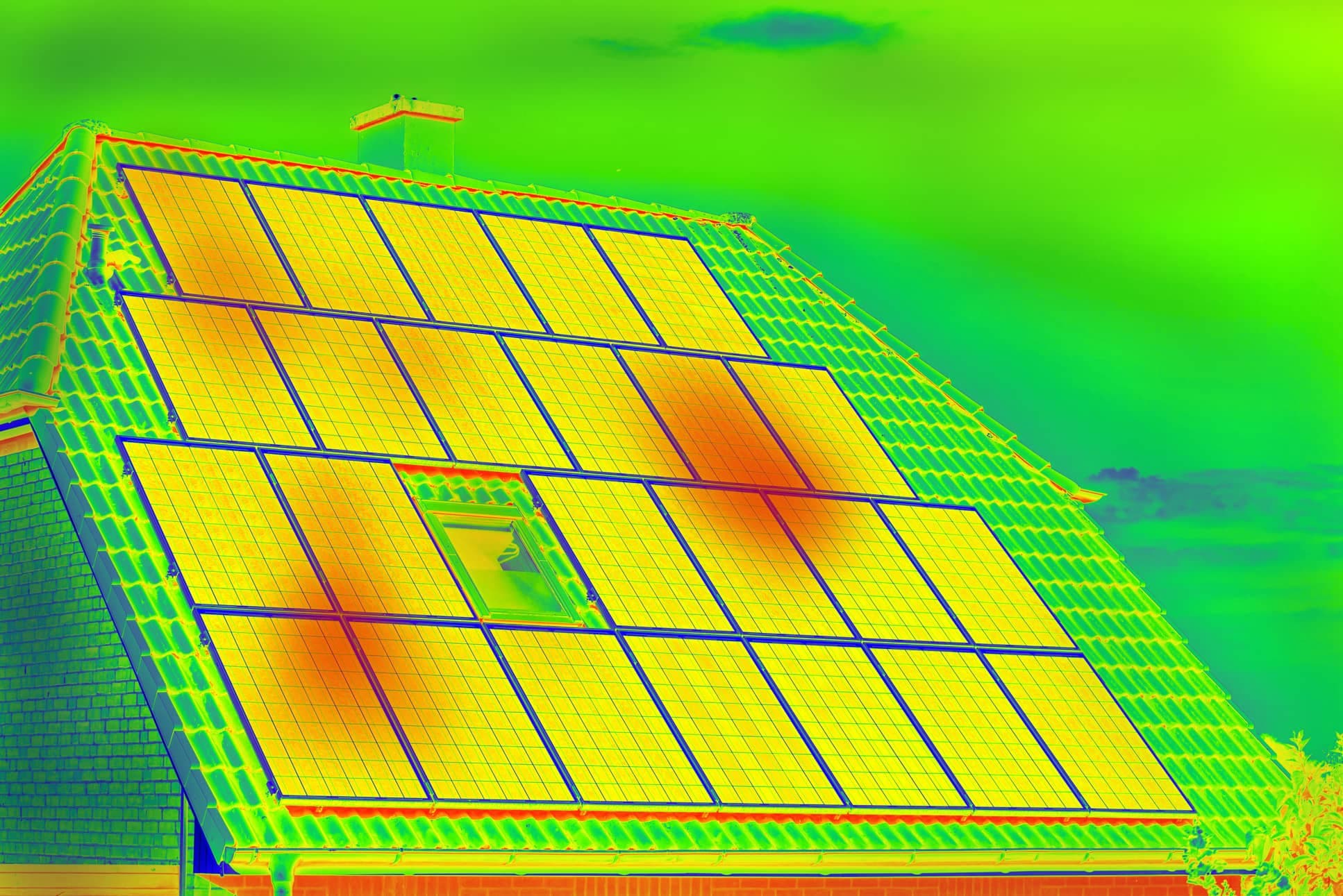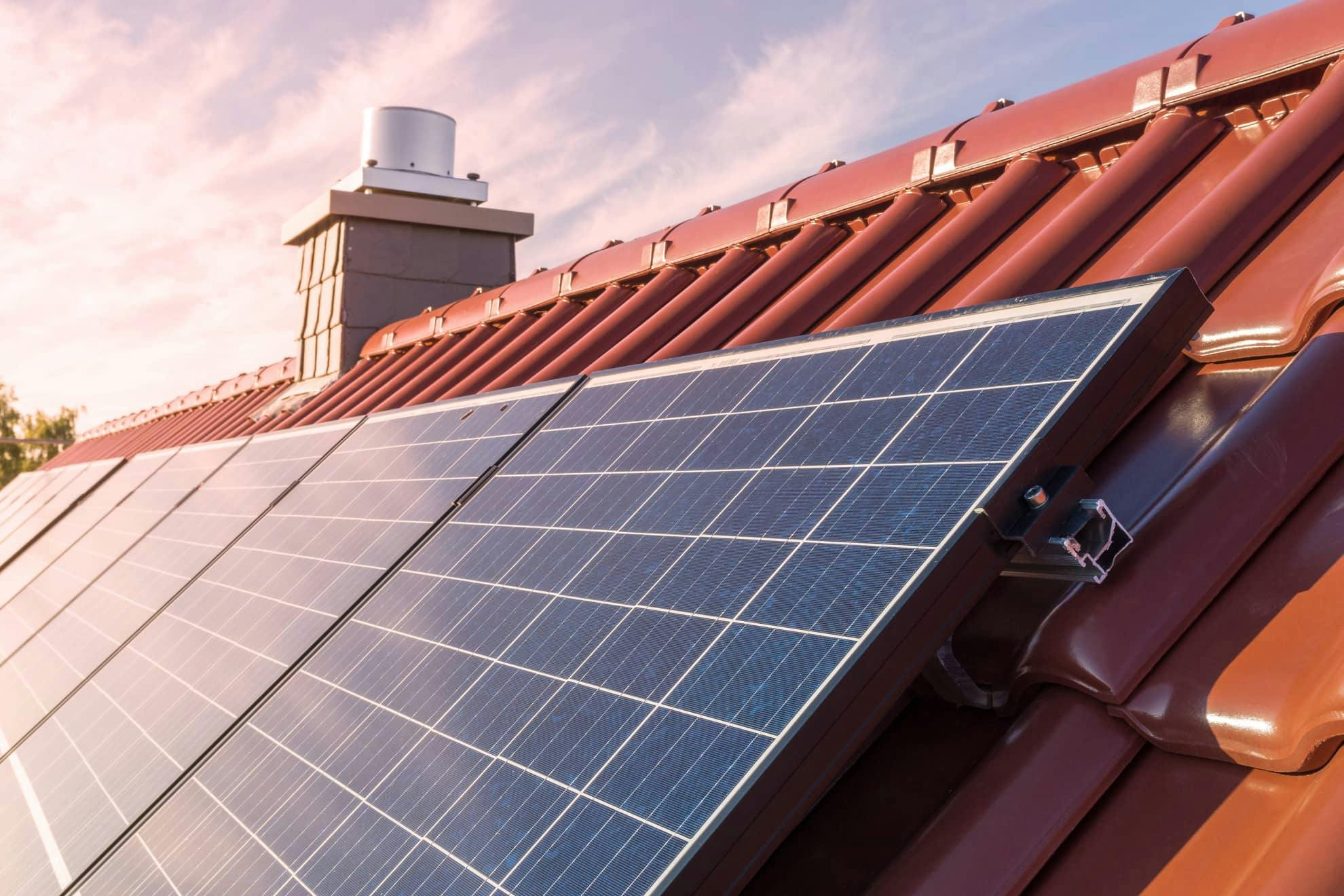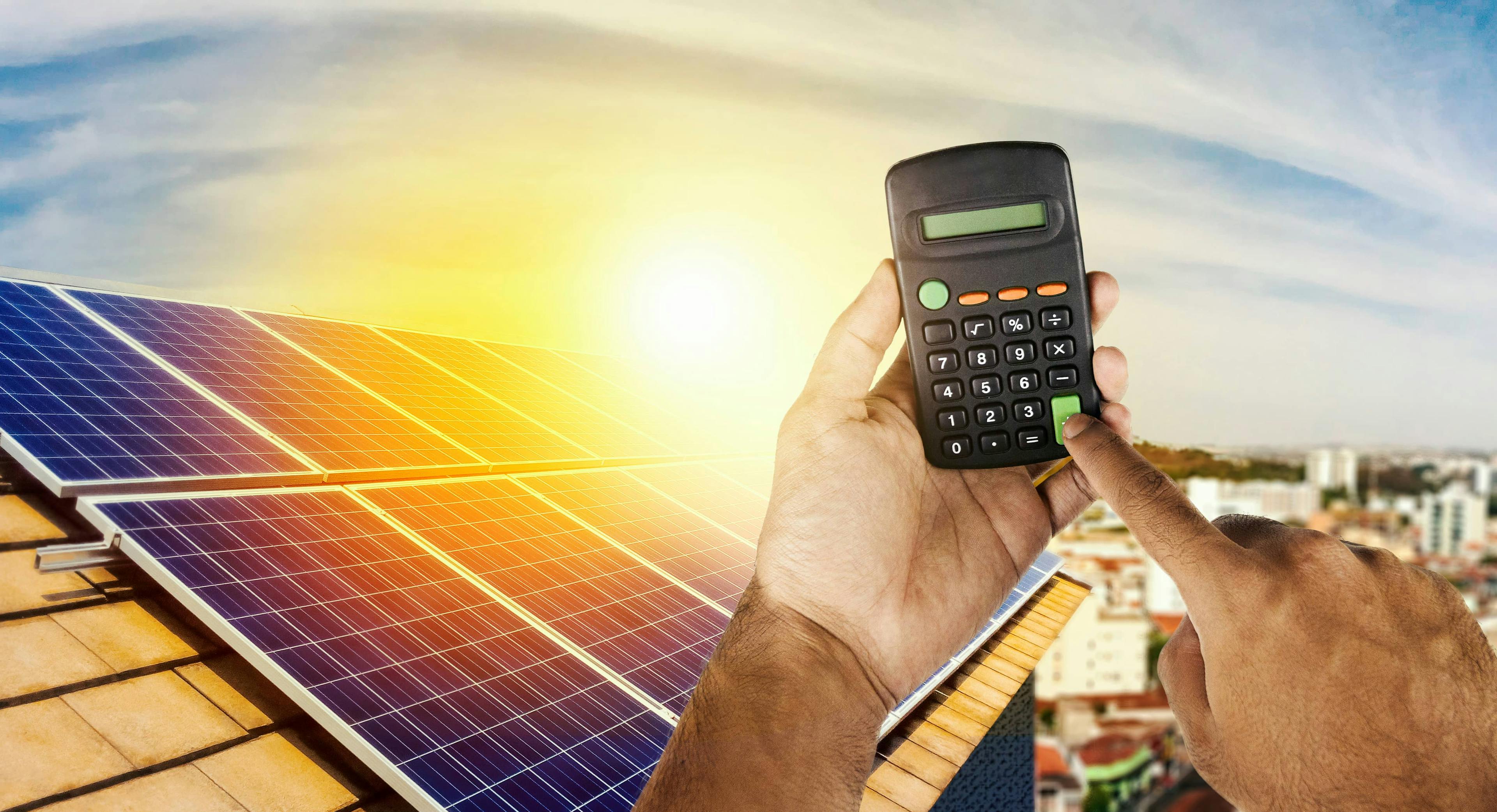How does temperature affect photovoltaic panels? What power loss due to temperature do they have? What temperature do the panels withstand? When you have to decide which photovoltaic modules to buy, if they have the same characteristics in other aspects, it is worth choosing the one that suffers the least loss of efficiency due to heat.♨️
Understanding this factor requires two values that can be found on most solar panel data sheets:
- Pmax temperature coefficient
- NOCT
Today, we will explain the meaning of these terms to understand which solar panels better withstand heat and outside temperature. Let's go for it!
How does heat affect the performance of solar photovoltaic panels and energy production?
Very high temperatures in solar panels directly affect the performance of an installation. 🌡️ Unfortunately, we must bear in mind that the hotter a panel gets, the worse it works and this negatively affects solar panels.
The power output of most solar panels starts to degrade when the panel temperature exceeds 25°C and therefore the solar panel has less efficiency. For example, high temperatures of more than 30°C can reduce the efficiency of solar panels by 10%, but low temperatures do not reduce the efficiency of the panels.
Does this mean that if it is 25°C outside and there is a clear blue sky, the panels will work at their nominal power (best scenario specified by the manufacturers in their data sheet)? We will have to say no, because if the outside air temperature is 25°C, that dark solar panel is not at 25°C but is heating up on your roof at around 50°C.🥵
What is the loss of performance of solar panels due to the effect of panel temperature?
As we have seen in the article on the useful life of the panels, on average, it loses 0.5% of its efficiency in a year.
But how much solar energy will you lose on a 25°C day if the manufacturer has stated the power output at a -solar module- temperature of 25°C? To calculate that, we need to know what's called the peak power temperature coefficient of it, which is usually found on the spec sheet.
What is Pmax?
The temperature coefficient of Pmax or simply Pmax, is how much the efficiency of a solar panel is reduced for each degree of increase in its temperature. But remember! For the calculation of Pmax, the panel temperature must be used, not the ambient temperature.
Pmax is expressed as a negative percentage and a typical value is -0.4%. It means that for each degree that the solar panel is above 25°C, the power loss due to temperature will drop by 0.4%.
So, following the example above, on a cool 25°C day when the panel is at 50°C, it will lose 10% of its solar energy. We can calculate its efficiency loss from heat by calculating how many degrees it is above 25°C:
50°C - 25°C = 20°C, and then multiplying that by your Pmax of -0.4%: 25 x -0.4% = -10%
This gives a power loss of the solar panels of 10%. By subtracting that loss from 100%, we can know that the solar module will only provide 90% of the power it would if it were at 25°C. If the solar panel provides 300 W when its temperature is 25°C, under identical conditions, it will only provide 276 W when its temperature is 45°C.
Most solar panels rarely go above 65°C (even in a heat wave), so if a panel's Pmax is -0.4%, you can generally expect it to almost always provide at least 84% of the power it would provide if its temperature were only 25°C.
It is for this reason that it is often found that on the hottest days, the solar panels on your roof actually produce less solar energy than usual.
Here, we see the technical sheet of a JA Solar 455 W panel. In the third line the Pmax -0.35%/°C.

Own elaboration table according to source: JA Solar 455 W panel technical sheet.
What ideal temperature can solar panels withstand?
The peak of solar panel performance is usually when the environment is temperate and cloudless. However, solar panels are designed to adapt to any temperature range, so they can work from -40°C to 85°C.

Own elaboration table according to source: SunPower 425 Wp panel technical sheet.
How does ambient temperature and solar radiation affect the efficiency of solar panels?
A solar panel works more efficiently and converts a greater proportion of the solar radiation it receives into electricity, the lower the temperature to which they are subjected. It has a direct effect on efficiency:
Lower temperature = more performance.
What is NOCT?
NOCT stands for nominal operating cell temperature. It can also be called the nominal operating temperature of the module. NOCT is the temperature at which the solar cells of a panel will be under the following specific conditions:
The solar panel receives sunlight at an intensity of 800 W per m2. The air temperature is 20°C. The wind blows at 1 m per second. The rear of the module is exposed to the open air.
A typical NOCT value for a panel is 45°C. The lower it is, the better because it means that the panel will be cooler when exposed to the sun (more powerful panels). Normally, this value will have a margin of error of +/- 3°C (between 42 and 48°C).
How to avoid greater power losses of the photovoltaic installation due to the increase in temperature?
Some tips that we leave you to achieve maximum energy production are the following:
✔️Keep the panels clean to reduce the possible appearance of hot spots or make an existing one worse.
✔️Check monitoring and track solar system output for anomalies.
✔️Make sure the inverter's cooling system is well ventilated and clean to prevent it from overheating.
✔️Check that the electrical components and cables are correctly in place (pipes), as they can heat up with high temperatures.
If you too are considering installing solar panels or batteries for your home or business, we help you compare before you buy solar products and get quotes from installers quickly and easily here. 😎
At Quiero Sol we help you so that you can compare installers but also understand the concepts of photovoltaic self-consumption and the different factors that determine a good performance of a solar system, such as efficiency in performance according to temperature in today's case.🌞



